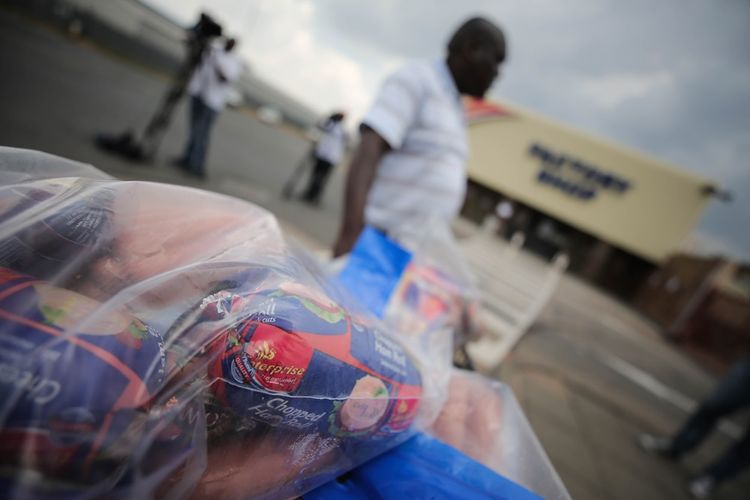'They must pay for their negligence': Pressure mounts on Tiger ...

Tiger Brands is facing renewed pressure from the victims of the world’s worst record listeriosis outbreak, who on Monday called on SA’s biggest food producer to admit liability and settle their class action lawsuit.
In March 2018, the National Institute of Communicable Diseases (NICD) identified Tiger Brands’ Enterprise Foods factory in Polokwane as the source of a listeriosis outbreak that killed 218 people and sickened more than 1,000 more between 2017 and 2018. But six years later, the class action lawsuit launched on behalf of victims and their families by Richard Spoor Incorporated attorneys has yet to go to trial.
Listeriosis is caused by the listeria monocytogenes bacteria, a food-borne pathogen that can cause acute illness and death.
“This case is watertight, perhaps the strongest case I have ever worked upon,” Spoor said. “We have scientific evidence that demonstrates their (Tiger Brands’) responsibility (that) is way stronger than the type of evidence that you would require to demonstrate paternity or to prove the identity of a rapist,” he said.
In 2018 the NICD announced that it had found the outbreak strain of l.monocytogenes (ST6) in Tiger Brands’ Polokwane factory and in the fridge of a creche where the only common food served to children who fell ill with listeriosis was Tiger Brands polony. Further genetic analysis by NICD researchers earlier in 2024 found such a close match between the outbreak strain and multiple samples taken from the Polokwane plant and its products that there could not be any doubt that Tiger brands was responsible for the outbreak, Spoor said.
“It is six years into the litigation. We are hoping that this new focus will have an impact on Tiger Brands ... and contribute to an expedited settlement,” he said.
Lead plaintiff Monthla Ngobeni described in harrowing detail the hardship facing her six-year-old daughter Theto, who contracted listeriosis in utero. Her child has extensive neurological damage and has a shunt in her brain, which has required multiple costly surgical procedures.
“It is very hard for us as a family. They (Tiger Brands) have denied our kids a healthy and happy life. They must pay for their negligence,” she said at a press conference.
Faced with mounting hospital bills, she said she had sold her house and had at times foregone treatment for her own medical conditions to ensure her child received care.
Tiger Brands agreed to the certification of the class action in 2018 but denied any liability. It then sought to obtain documents from other meat producers and laboratories in SA, in a bid to determine whether the outbreak could be linked to other parties, but was ultimately blocked by the Supreme Court of Appeal.
The listeriosis victims have filed a claim for damages, seeking both compensatory and punitive damages in terms of the Consumer Protection Act, but say they would prefer to settle out of court.
Tiger Brands corporate communications director Werna Oberholzer said the company was committed to ensuring resolution was reached in the class action lawsuit in the shortest time possible. The attorneys representing Tiger Brands’ insurers had submitted the NICD’s investigation records for review by their appointed experts, who had yet to conclude their work, she said.
Legal teams for the company and its insurers were preparing for trial, and liability would be determined by the court, she said.
Health activist Mark Heywood said companies had just as much duty as public institutions to take responsibility for their actions. Tiger Brands should publicly accept liability and settle with the listeriosis victims and their families, he said.
“Make it possible for Monthla to go back to her house, to pay (the) medical bills, for her child to see the best possible specialists for her condition and open the possibility of a better life,” he said.





























































